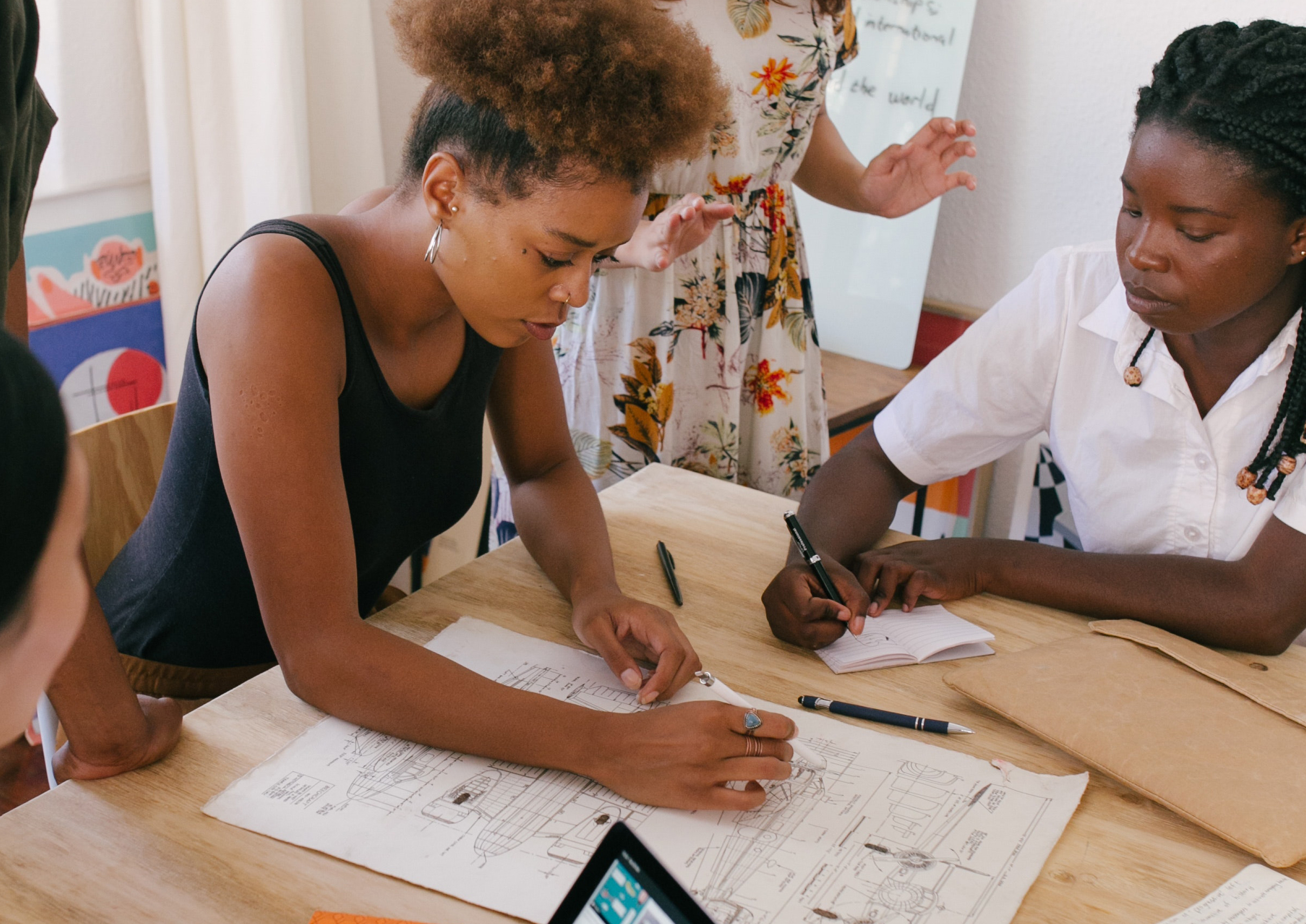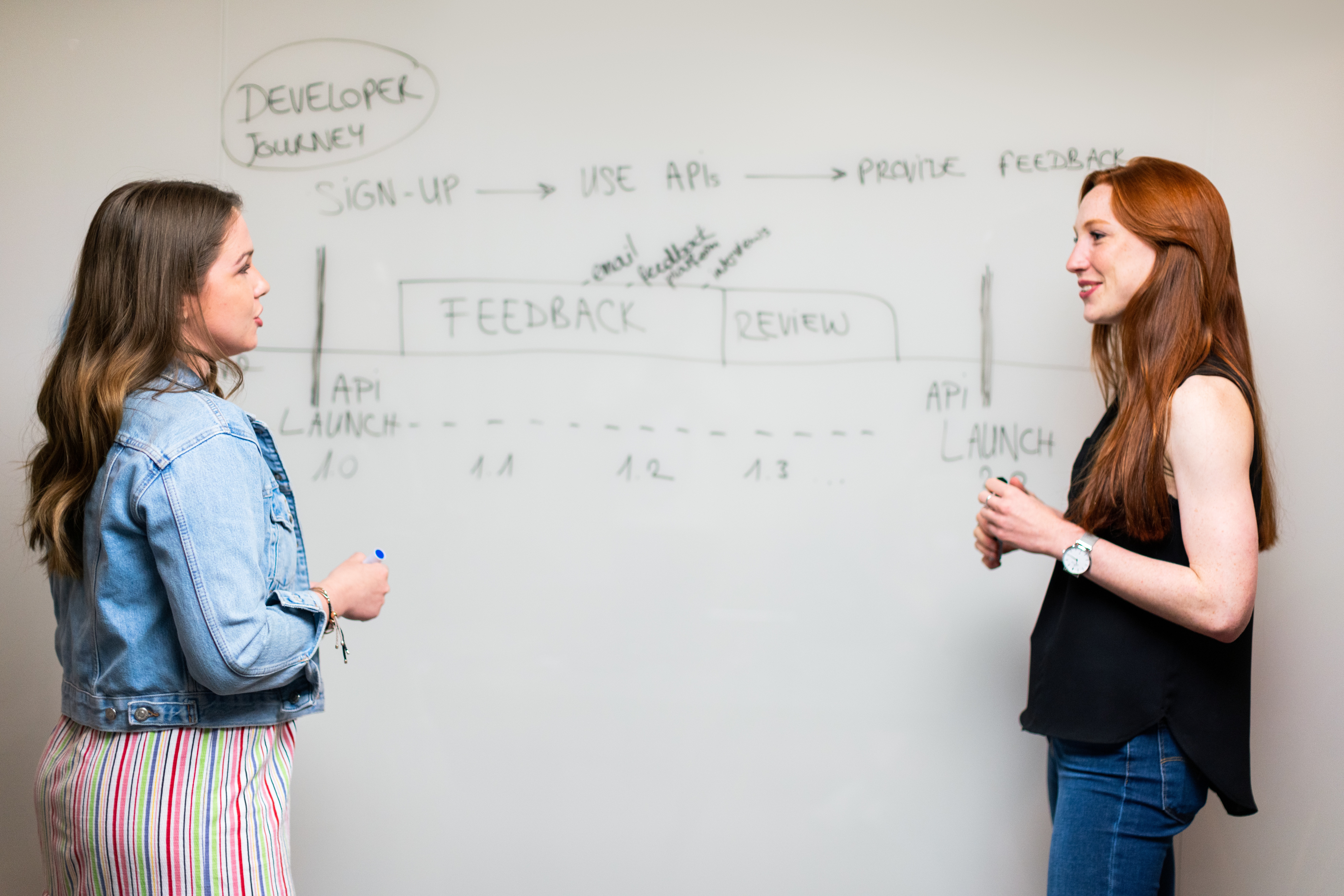— Nearly all regions recognized that recruiting such a large number of training participants within a six-week timeframe during a global pandemic would be challenging.
Most regions struggled to achieve the target recruitment goal of 350 participants, despite experiencing higher-than-average unemployment rates. Some potential participants were hesitant to return to work given concerns for their health and safety; others were unable to reenter the workforce due to a lack of childcare while schools and daycares remained closed. Meanwhile, training participants had to invest time into a new program, while employers invested time and money in hiring workers they were not certain have been prepared with the right skills.
— Workforce boards rely on the deep trust they’ve established with customers, employers, and community partners to operate successfully, and to engage with the Grand Challenge, workforce board frontline staff took on significant responsibilities.
Participating in this initiative meant added time spent on outreach, coordination, and support at the expense of other well-established programs. Many boards noted the significant reputational risk they had taken on by participating in such an ambitious, fast-paced effort.
— Transparency with stakeholders and communicating the mission and goals of the Challenge proved vital in building strong partnerships.
As Christina Brooks, the Hampton Roads senior director, said, “The greatest risk is making promises that can’t be kept. We were intentional with how we communicated this opportunity with our jobseekers and employers to ensure they were fully informed about the potential challenges as well as the potential successes.”
— In a time when many organizations and people are considering taking chances on new opportunities and models, often without guidance or help, communicating a sense of shared risk and responsibility helped build trust and confidence among stakeholders.














